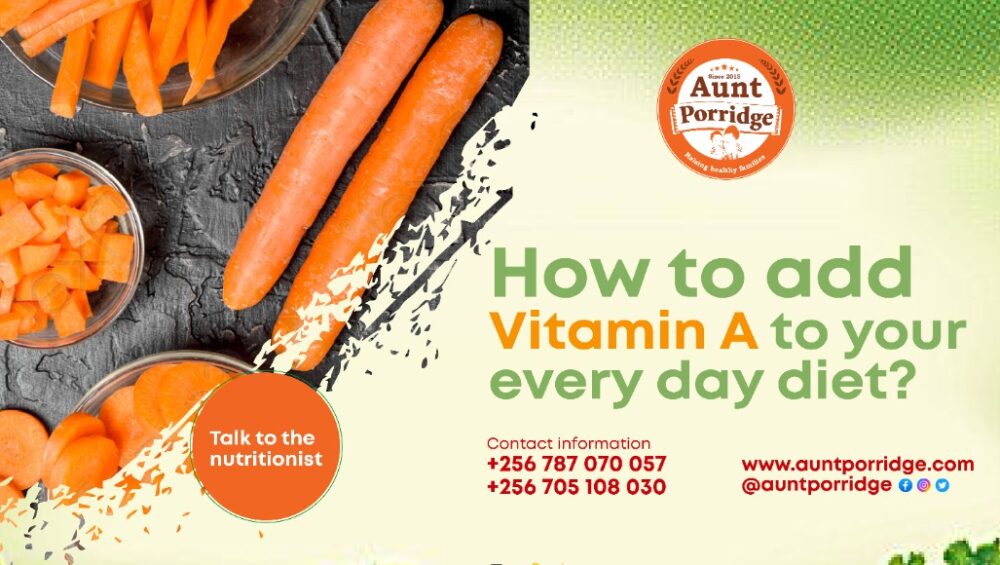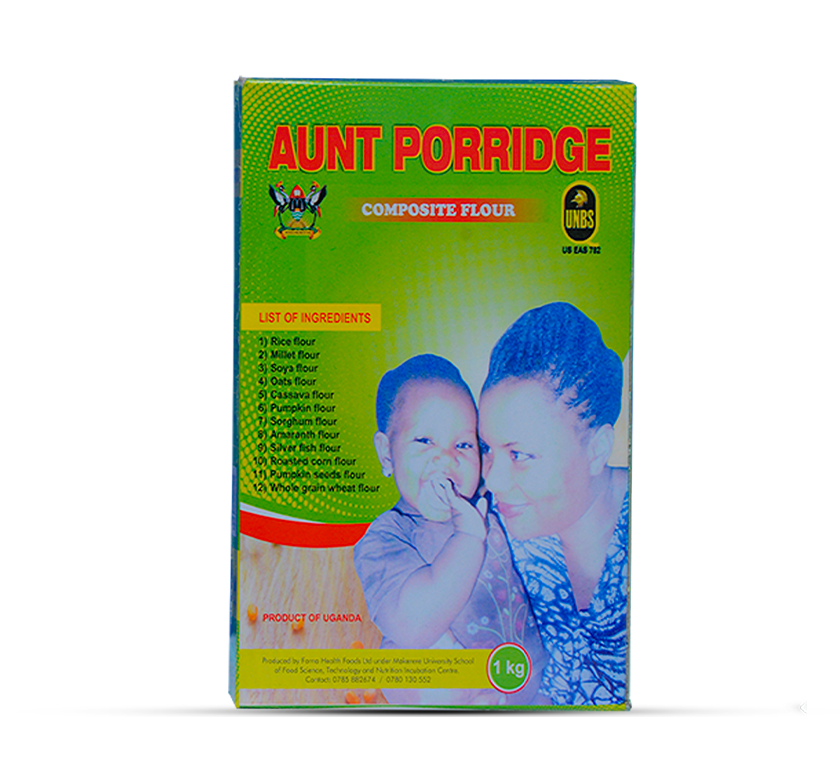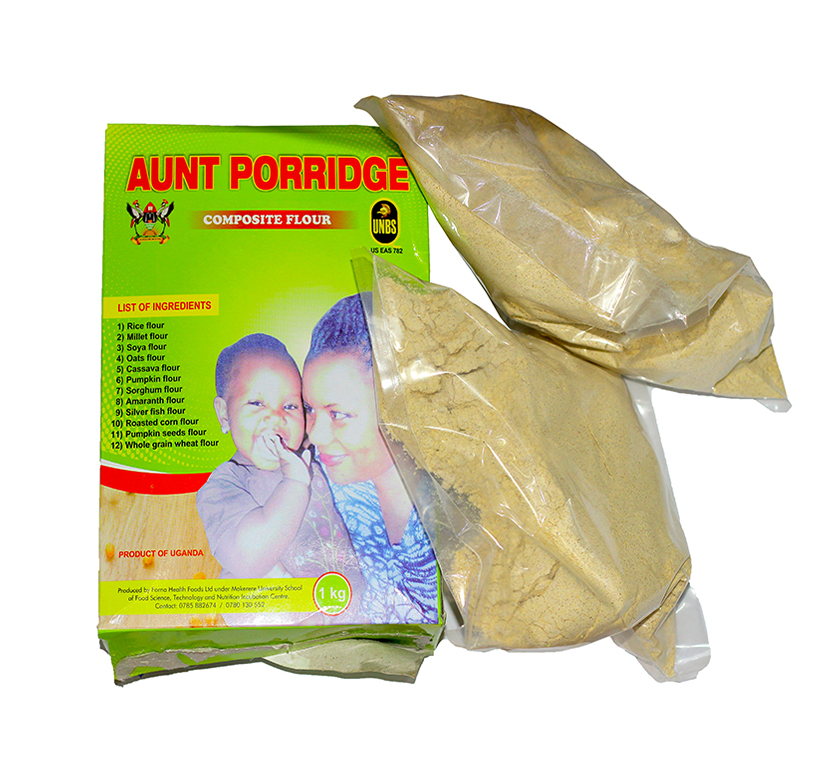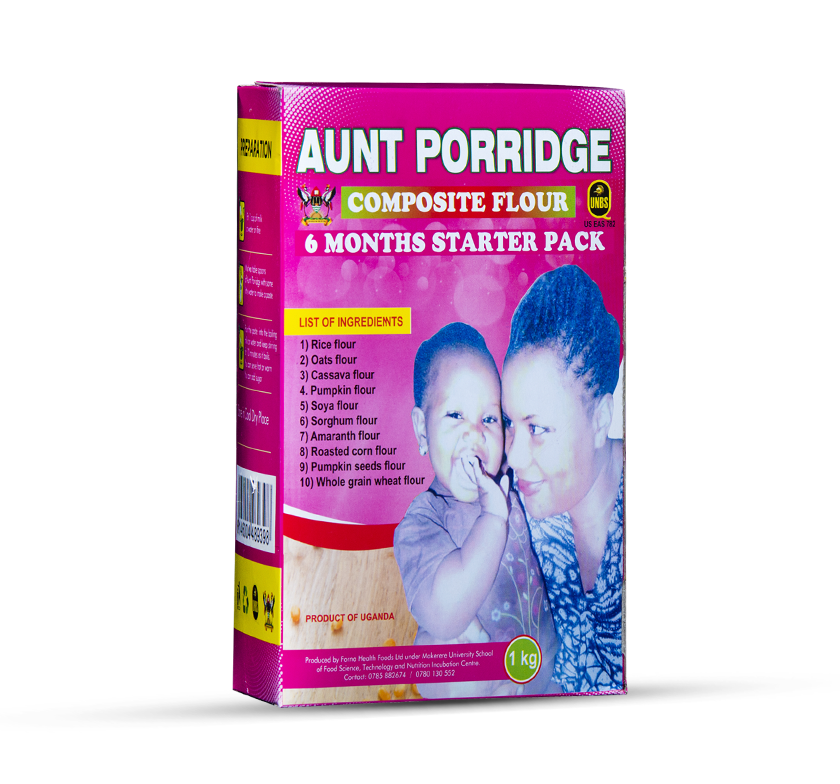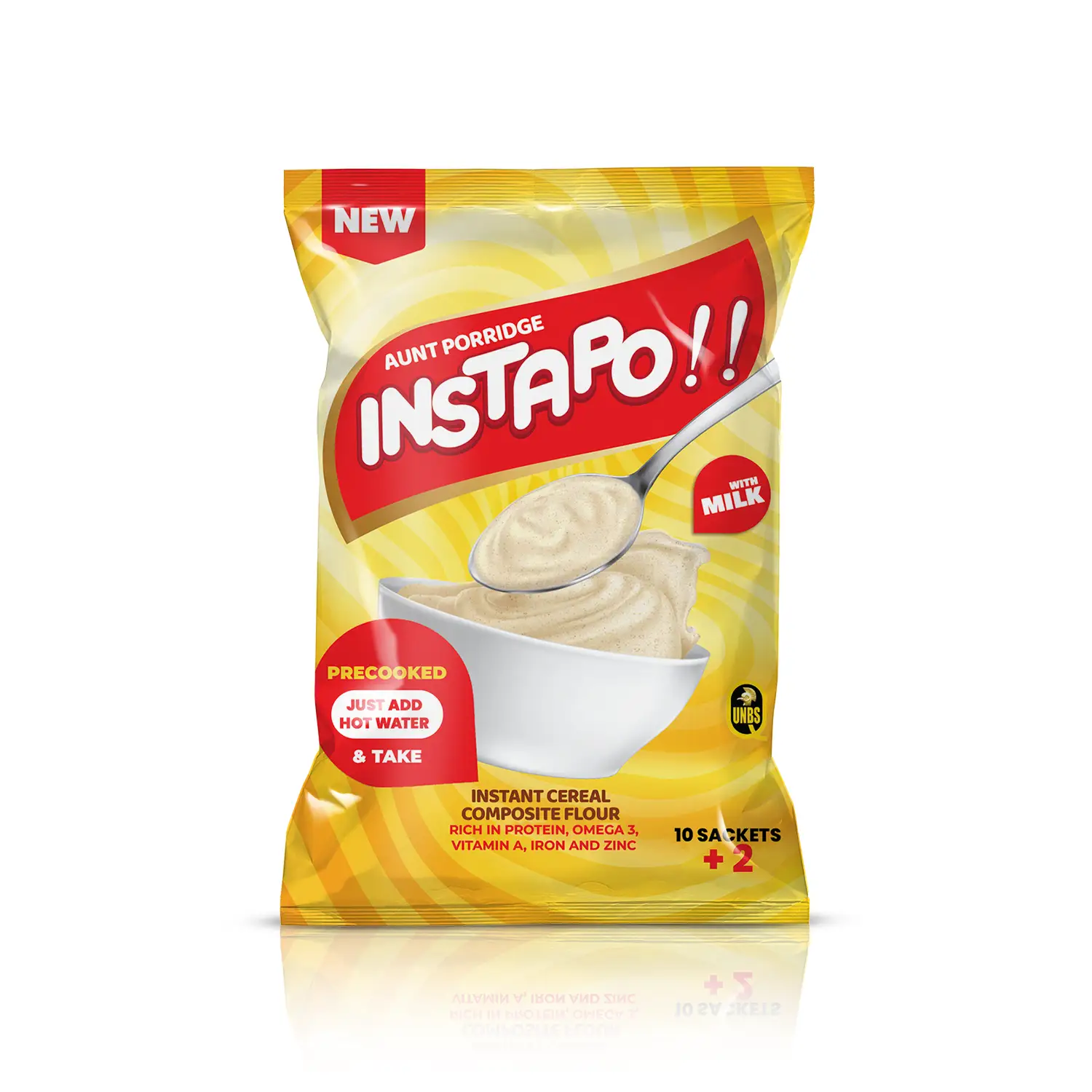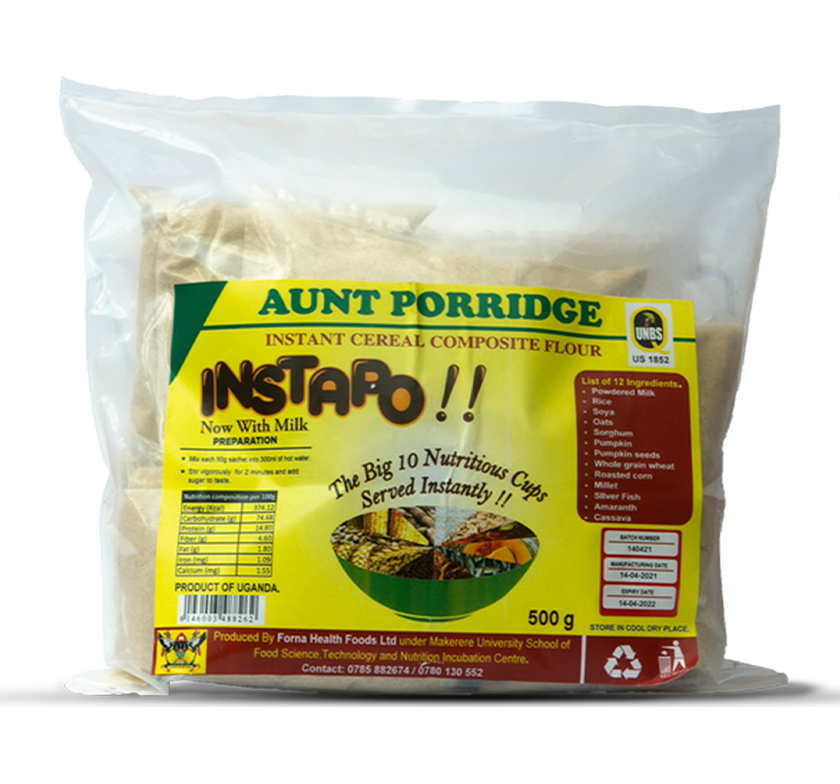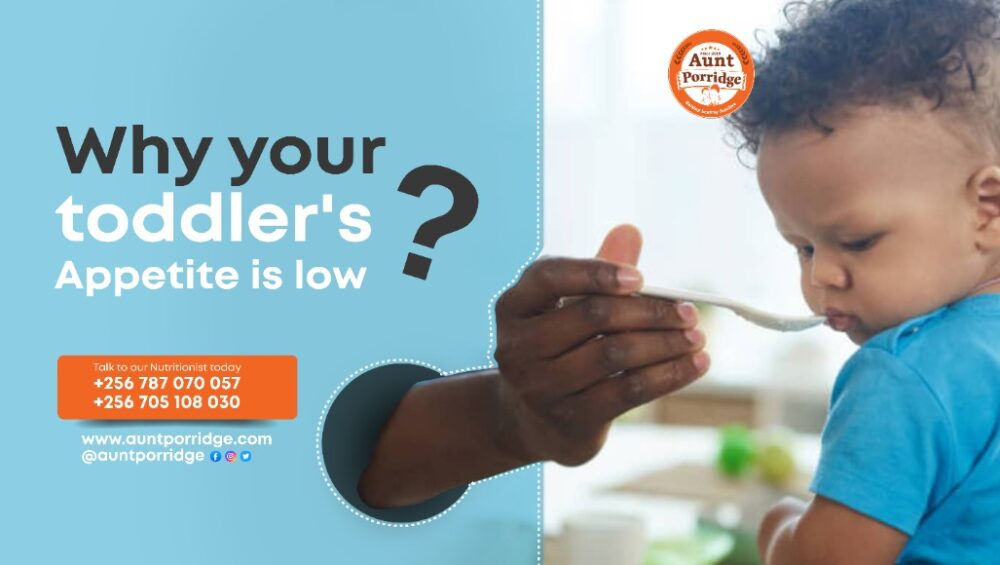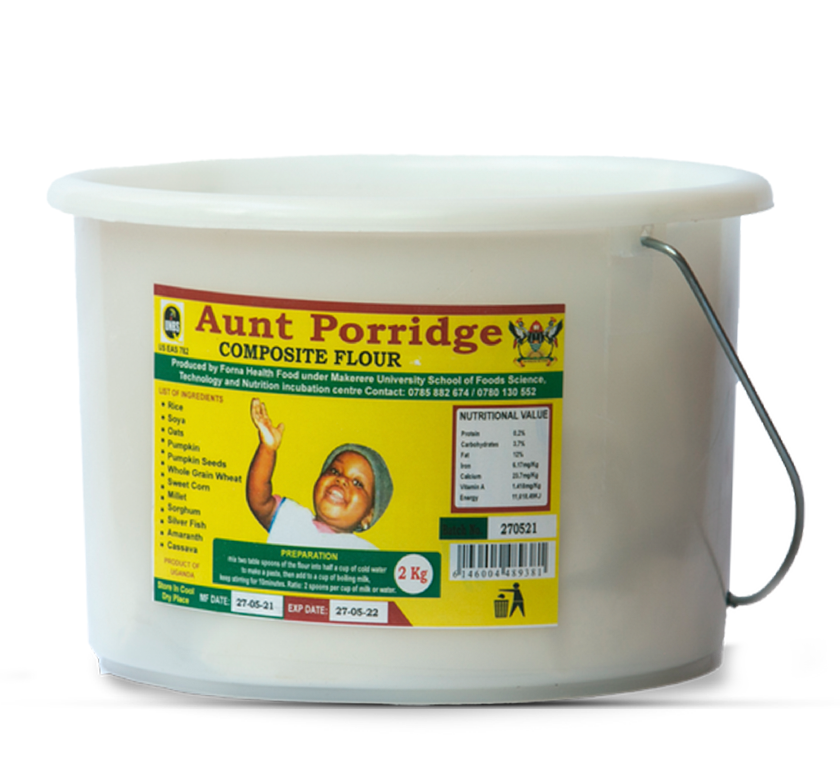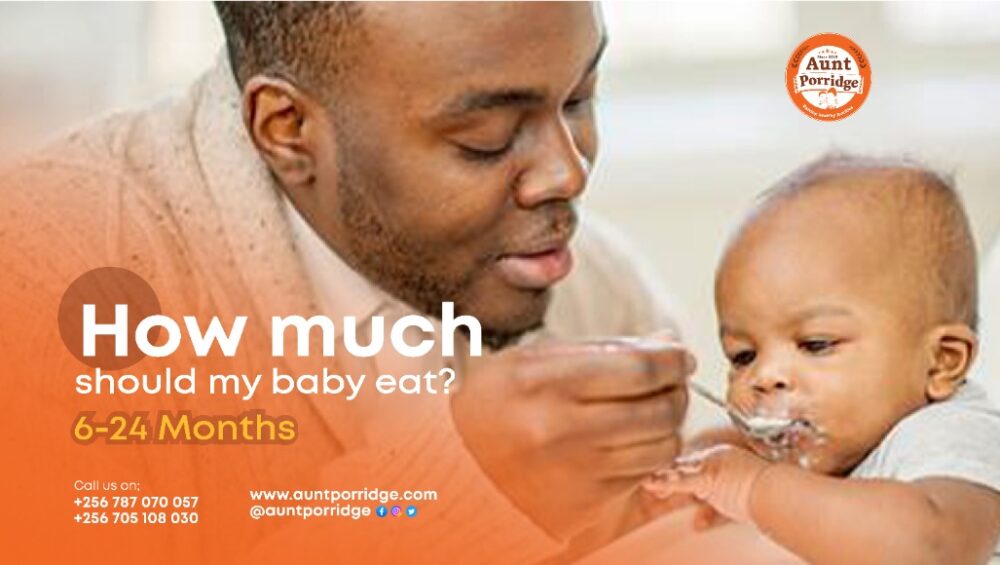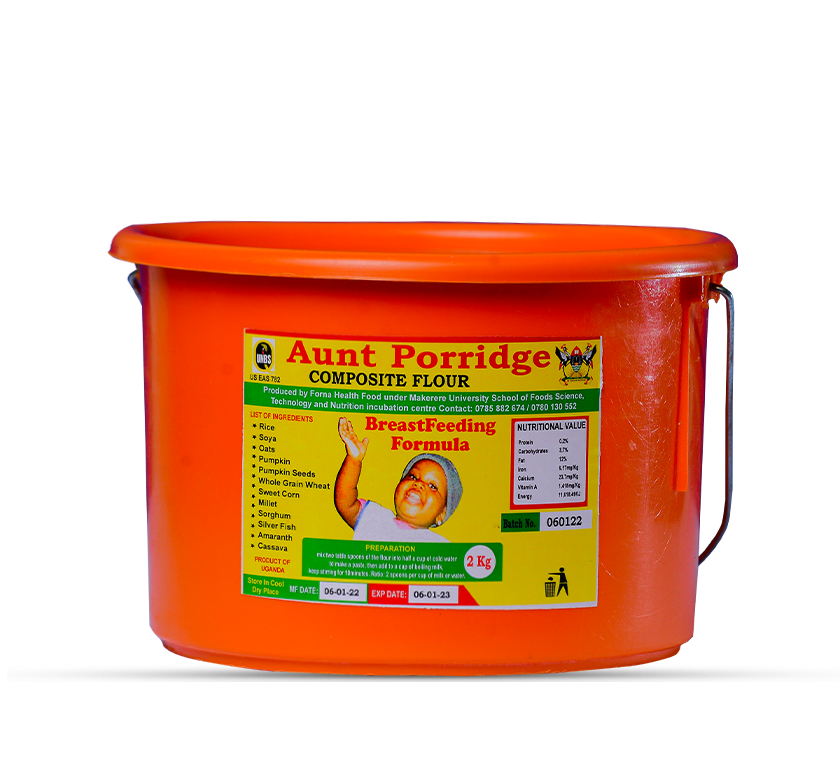Vitamin A foods and how you can add them to your everyday diet
Last week we talked about why your child needs Vitamin A. Kindly read that post before you continue. This will help you better understand why Vitamin A is a big deal to your child’s health.
Vitamin A helps your child have good eyesight, a strong immune system, and proper growth and development. it’s found in the following local foods such as;
Fruits
Pawpaw, guava, and mango
Vegetables
Pumpkin, Carrots, Broccoli, orange flesh sweet potato, red and yellow bell peppers, dark green leafy vegetables like spinach, kale, nakati
Animal sources
Meats( especially liver) dairy and their products (cheese, yogurt, butter), eggs, fish especially oily fish
Fortified foods
Cereals, flour and cooking oil.
Aunt porridge has pumpkin and silverfish which are rich in vitamin A.
The question now would be, how to incorporate them into your diet?
- You can add a teaspoon of mukene to any sauce made at home.
- Mashing pumpkin into sauce adds extra vitamin A .👌
- Giving your child a boiled egg 🥚 (the whole egg and not just the egg yolk).
- Adding either pawpaw, mango, carrot, or guava to your choice of juice.
Contact our nutritionist for expert advice on vitamin and nutrient deficiencies.
Dietician /Nutritionist Aunt Porridge || +256 787 070 057
Recommended products
-
UGX 11,000 – UGX 210,000Select options This product has multiple variants. The options may be chosen on the product page
-
UGX 11,000 – UGX 210,000Select options This product has multiple variants. The options may be chosen on the product page
-
UGX 11,000 – UGX 220,000Select options This product has multiple variants. The options may be chosen on the product page

